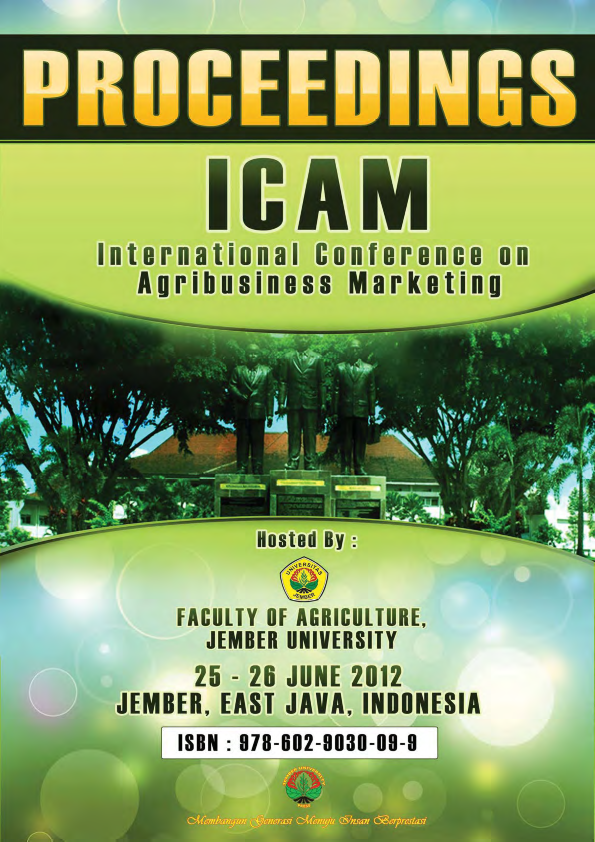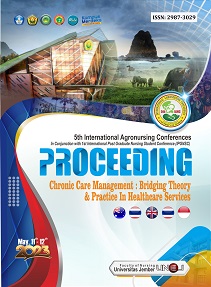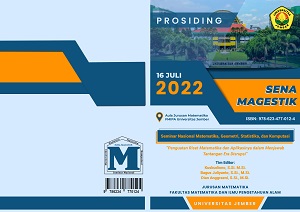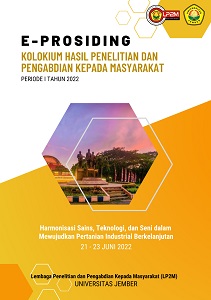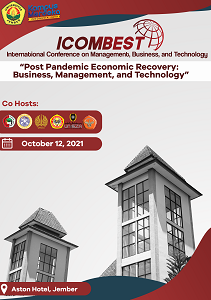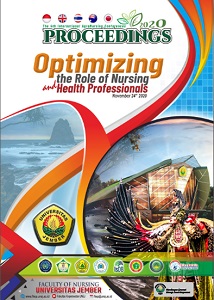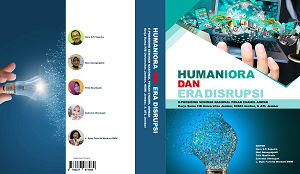AN INTEGRATED INSTITUTIONAL DEVELOPMENT BASED ON INDIGENOUS KNOWLEDGE FOR RURAL POVERTY ALLEVIATION (PIDRA’s Project Experience in Indonesia)
Abstract
Indonesia has a success experienced in developing an integrated institutional through Participatory Integrated Development in Rainfed Areas (PIDRA)’s project since 2001 by involving local community in rural development program based on the idea of ‘affinity group’ which is refer to the people who has similarity in mutual trust, support each other, sense of brotherhood that is built on the basis of a sense of confidence, unity,
togetherness, and a sense of equality. However, this model does not used as a ‘blue print’ by the government in order to develop an integrated institutional for rural community development on the basis of local knowledge in addressing poverty issues specific to the local context through community empowerment and the economic development of smallholders, poor rural women and men, and other marginalized groups. In addition, a principal development issue is how to ensure that the programs does not harm the community, but instead creates the basis local community participation for poverty reduction and sustainable development. In that regard, an integrated institutional development between formal and non-formal institutions in rural community has become crucial. This paper aims to explore the significance of integrated institutional development to alleviate poverty based on indigenous knowledge in social economic perspectives. This way can be used to enable the rural poor to overcome their poverty, integrate the local community and encourage the businesses to invest their profit in the form social and economic activities.

